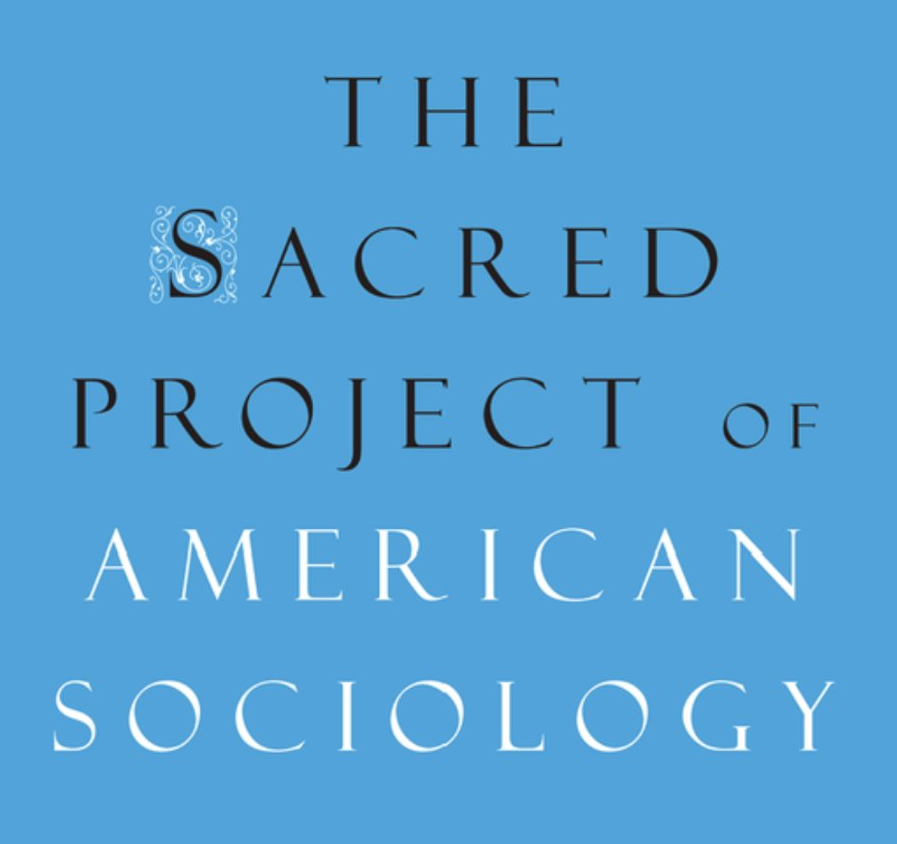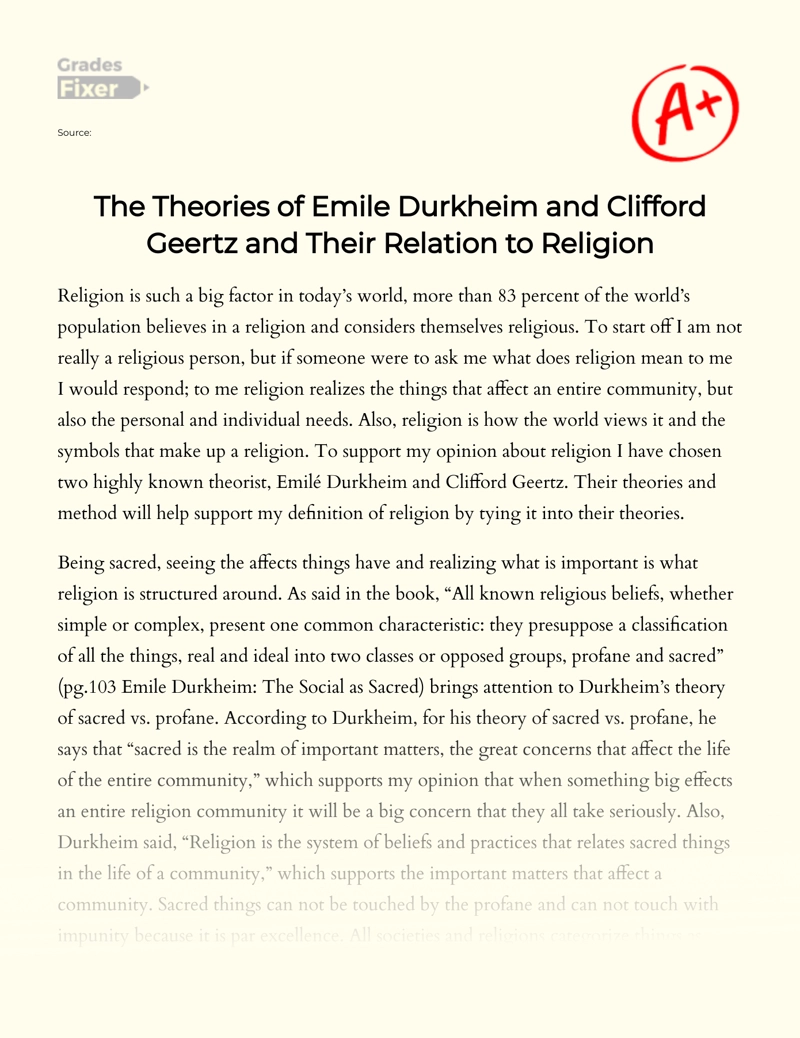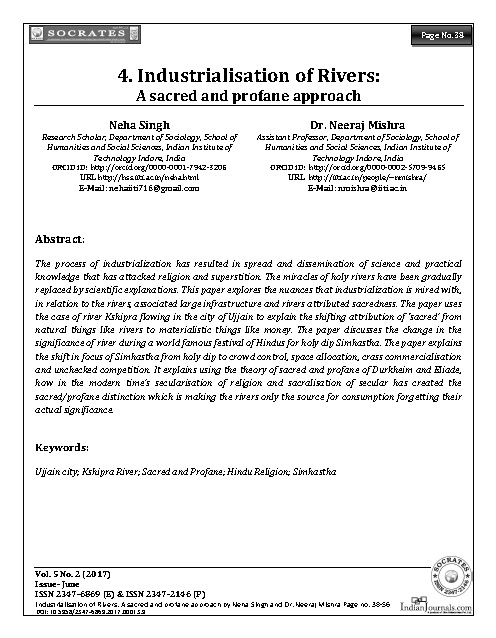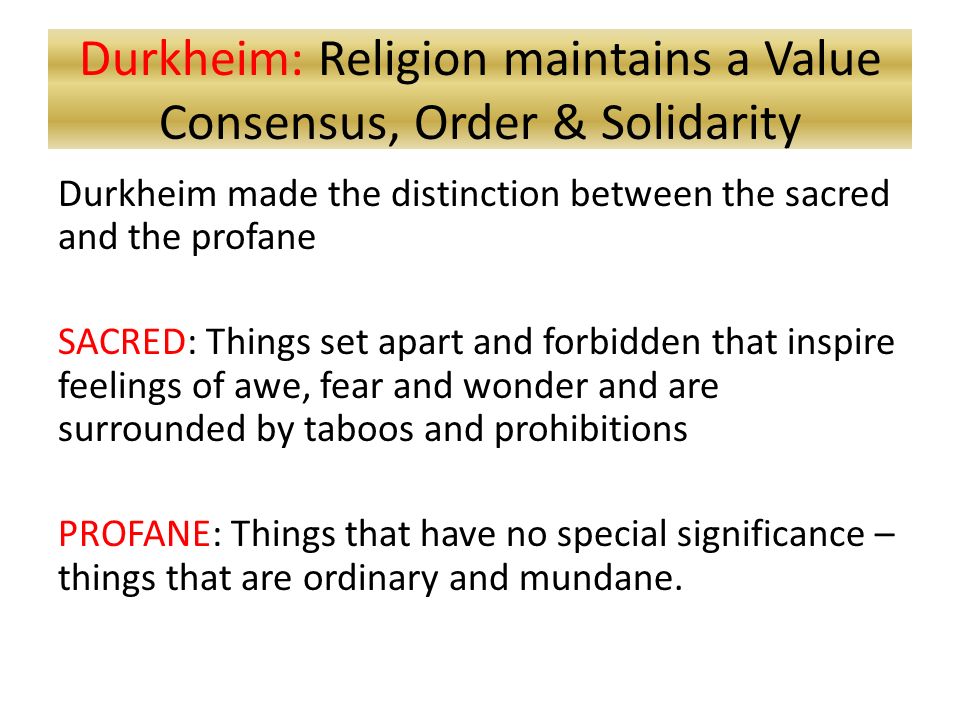In sociology, the concepts of the sacred and the profane refer to the dichotomy between things that are considered to be holy or spiritual, and those that are considered to be secular or worldly. These concepts have their roots in the work of the sociologist Émile Durkheim, who argued that every society has a system of beliefs and practices that define the sacred and the profane, and that these categories are essential for social cohesion and the maintenance of social order.
According to Durkheim, the sacred refers to those things that are considered to be special or set apart from the everyday world. These may include religious beliefs and practices, cultural traditions, moral values, and other things that are considered to be of ultimate importance or meaning to a particular society. The sacred is often associated with feelings of awe, reverence, and respect, and is often considered to be beyond the reach or understanding of ordinary people.
The profane, on the other hand, refers to those things that are considered to be secular or worldly, and that do not have any special meaning or significance. These may include everyday activities, material possessions, and other things that are considered to be mundane or ordinary. The profane is often associated with the everyday world and with the practical concerns of everyday life.
Durkheim argued that the sacred and the profane are not mutually exclusive categories, but rather exist in a dynamic relationship with one another. In his view, the sacred provides a sense of meaning and purpose to the profane, while the profane provides a sense of stability and normalcy to the sacred. This relationship is essential for the maintenance of social order and cohesion, as it helps to define the roles and expectations of individuals within a society.
The sacred and the profane can also be seen as opposing forces within a society, as they represent different ways of looking at and interpreting the world. The sacred is often associated with spirituality and transcendence, while the profane is associated with practicality and materialism. These opposing forces can sometimes come into conflict, as different groups within a society may have different ideas about what is sacred and what is profane.
Overall, the concepts of the sacred and the profane are important for understanding how societies function and how individuals relate to one another. They help to define the boundaries between what is considered to be important and meaningful, and what is considered to be mundane or ordinary. As such, they play a central role in shaping the beliefs, values, and behaviors of individuals within a society.







